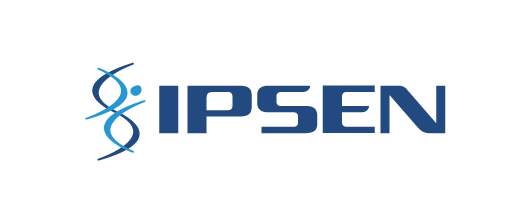Introduction
- Researchers have an ethical duty to publish the clinical research they do.
- Publishing your scientific research can benefit patients and society as a whole – as well as the wider research community.
Publication opportunities
- Think about the optimum dissemination of study information and outcomes. You could consider the following publication types :
- Methodology publication (to raise interest in the study);
- Trial in progress congress presentation (to enhance recruitment);
- Results from the study baseline, primary results, and post hoc analyses.
- Consider submitting abstracts to key conferences (which allow rapid dissemination) as well as manuscripts (which provide a comprehensive reference).
- Many congresses will allow you to submit an abstract that has been presented elsewhere (known as an “encore”), allowing you to share the research with different specialties and regional audiences;
- Consider both local and international audiences for your research.
Tools to assist publication
- Some useful tools to help write your publication are the EQUATOR network, CONSORT statement and GPP3 guidelines.
- Who should be an author? Guidance has been published by ICMJE and ISMPP.
- Medical Writers can support more effective, timely and compliant publications. To help avoid the perception of bias, Ipsen is not able to recommend a medical writing agency; however, a personal recommendation (perhaps from a colleague, co-investigator) may be helpful for you. You may also consult international medical writing organisations (such as ISMPP, AMWA or EMWA) for recommended medical writers.
Tips
- Planning is important – think ahead about what you want to publish, where and when. Consider abstract submission deadlines, as well as journal publication times.
- Press releases from your institution or the journal, and sharing information via social media can be used to increase awareness about your publication.
- Identifying a suitable journal can be difficult – JANE and PubMed are two tools that can help. When choosing a journal to submit to, you should consider:
- Journal Audience: consider who needs to know about your data.
- Journal Objectives: these often provide an insight into their publication strategy and may guide selection of a suitable target journal.
- Journal Impact Factor: higher Impact Factor journals can often be more selective, which can make it more difficult to be accepted for publication in them than in a lower Impact Factor journal.
- Open Access: In the spirit of transparency, Ipsen has made a commitment to publish all company-sponsored articles open access, meaning that they can be freely accessed by doctors, patients, and the general public. Ipsen would encourage you to do the same for your publication.
- Publications Enhancements: In addition to the increased accessibility afforded by Open Access, you may also wish to consider using publications enhancements (such as plain language summaries, graphical abstracts, etc.) to make your work more accessible to a wider audience of readers.

Administration
- Please note that, as stated in the ISS agreement which you will sign with Ipsen, since Ipsen is providing funding support for your study, Ipsen requires a courtesy review of your publication prior to submission. Please allow 2 weeks for review. When you have a draft that is ready for submission, please email your proposed abstract/poster/oral presentation/manuscript to: GMPC@ipsen.com.
- There should be no Ipsen authors on your publication.
- Please note that study investigators also have a responsibility to post their study results on a Clinical Trials registry (CT.gov, EudraCT, etc.)
Disclaimer
The above information is in line with all appropriate Ipsen Standard Operating Procedures (SOPs), and international best practice guidelines, and is provided freely to assist anyone considering submitting an application to Ipsen for support for an Investigator-Sponsored Study (ISS). The decision of when, how, and where to publish the results of an ISS is left completely to the discretion of the investigators.




